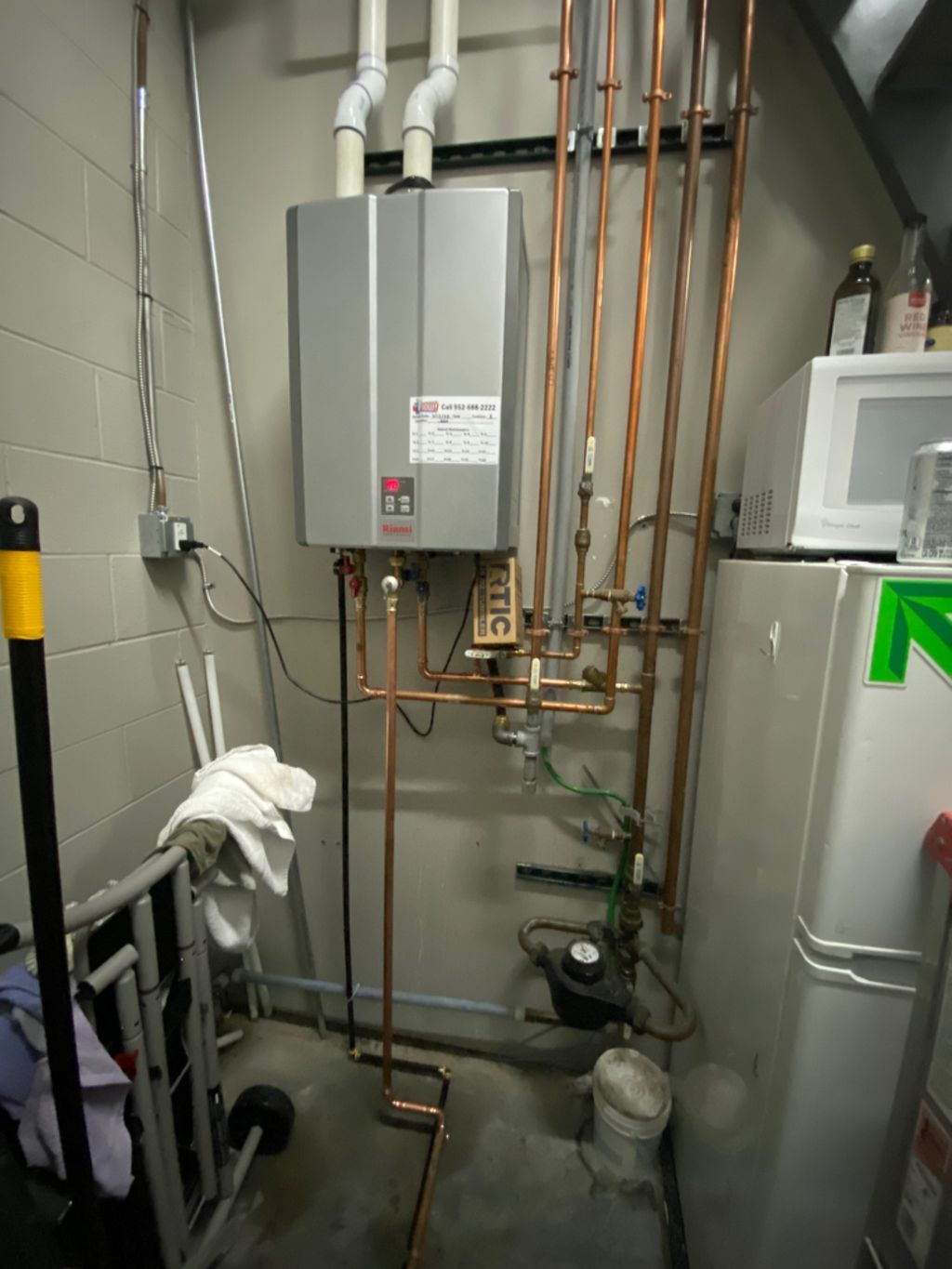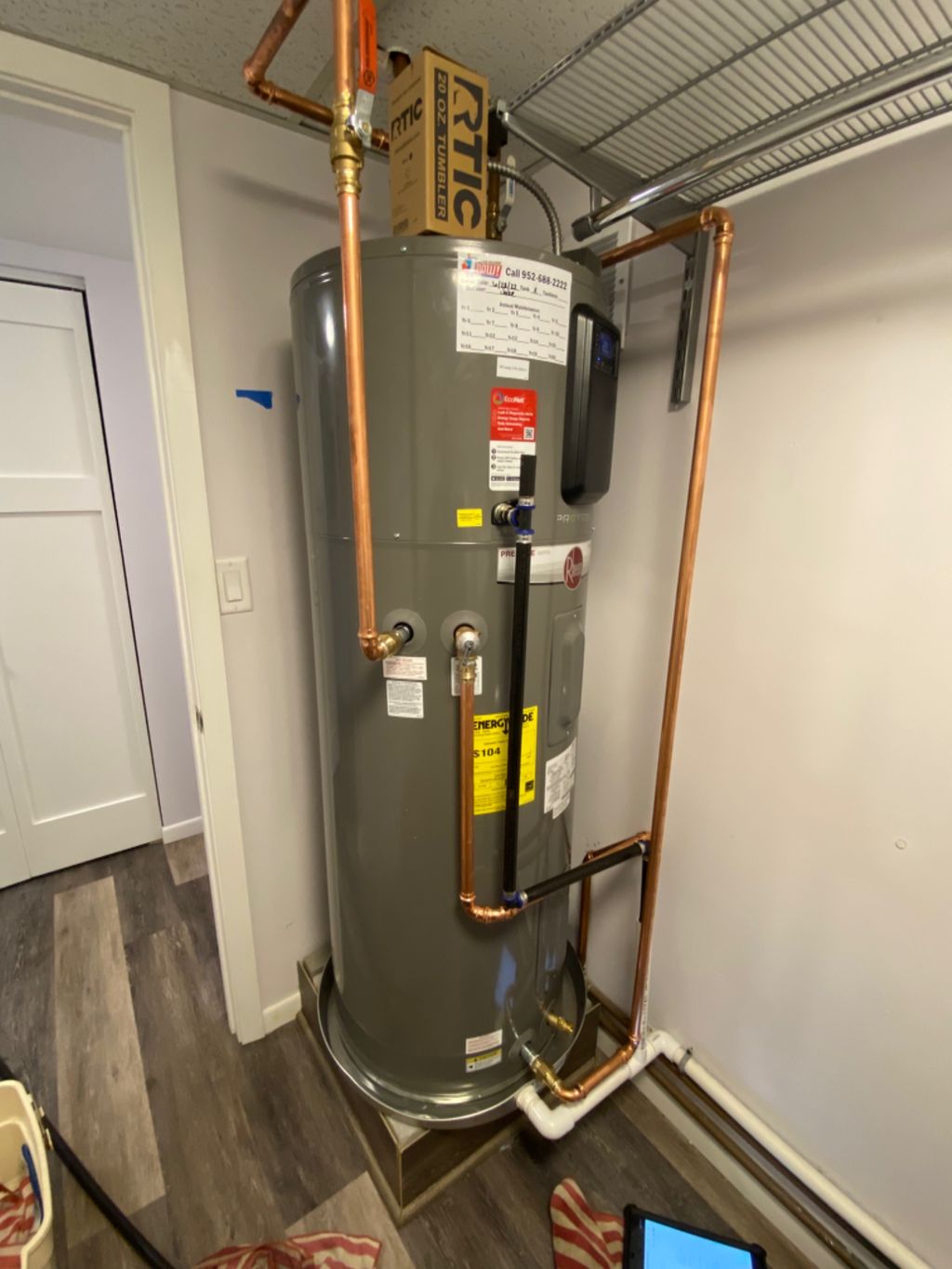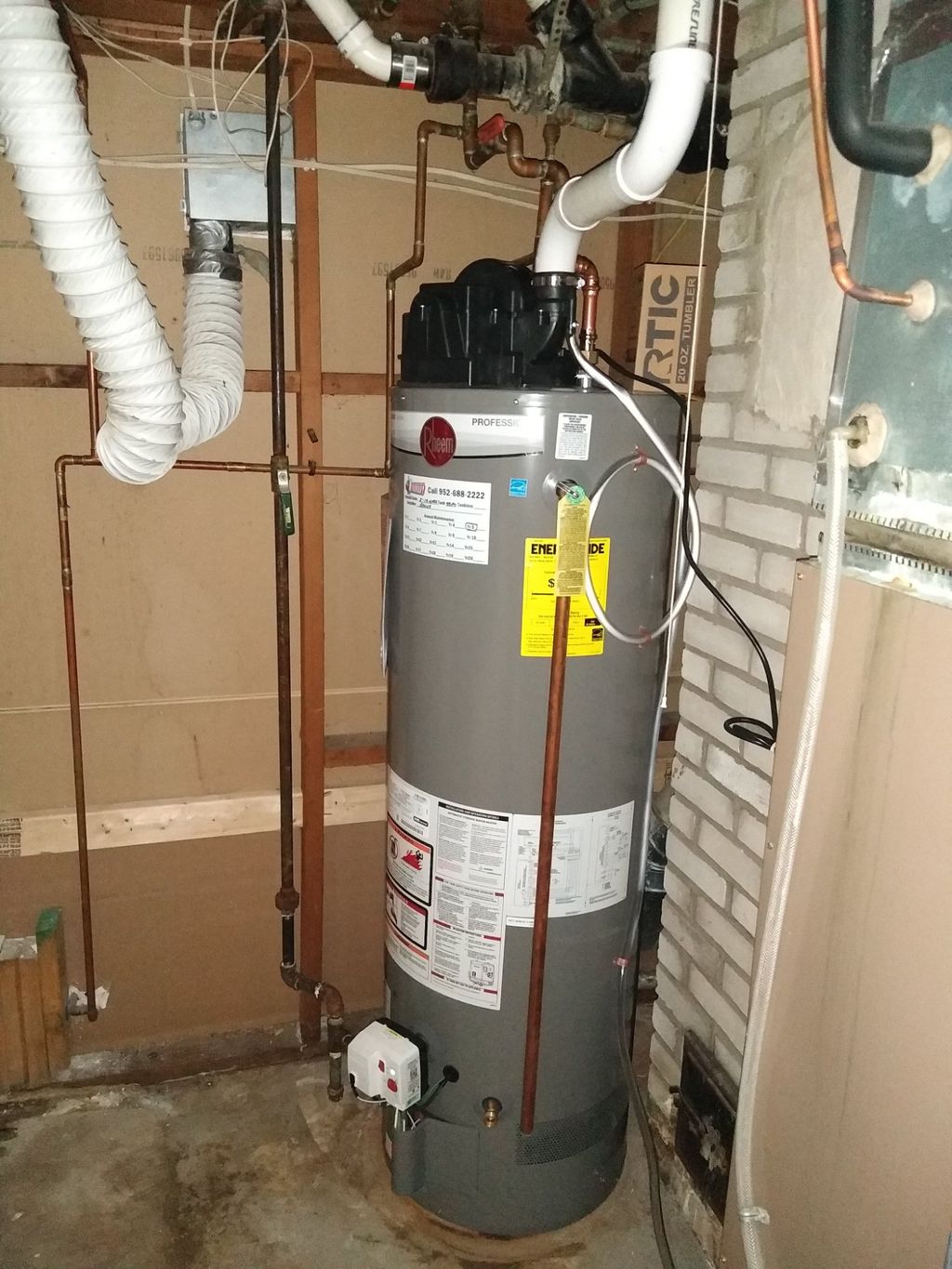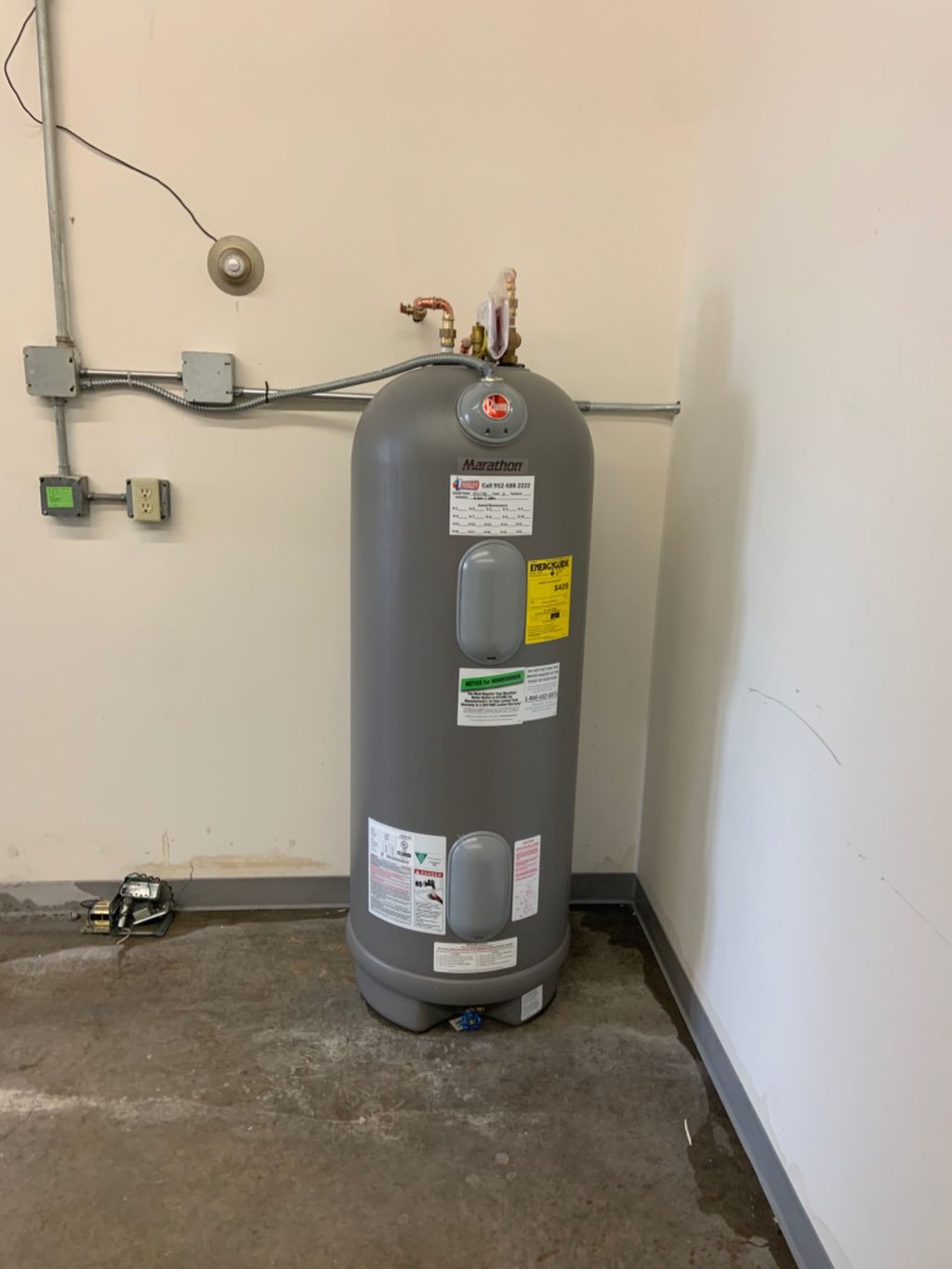What kind of water heater is right for you?
Not all water heaters are created equal.
It's important to consider what you and your family's needs are when looking for a new water heater.
Water Heater Service
We can suit your needs whether you're looking for a gas or an electric tank water.
These are the major types of water heaters, each designed for specific spaces within a home or business:
Is a tankless water heater the right choice for you?
Have you ever had the entire family shower before you in the morning, and you’re left with no more hot water? You could switch to a tankless water heater and never have that problem again.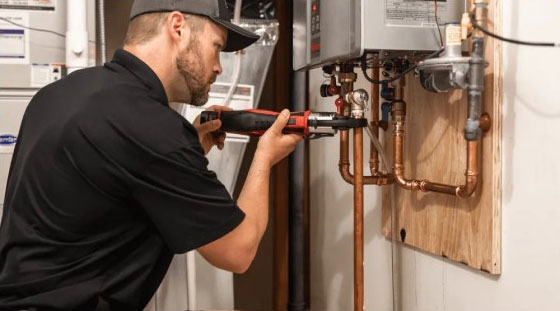
We service the Twin Cities Metro MN and areas including:
Arden Hills, MN
Bloomington, MN
Burnsville, MN
Cottage Grove, MN
Eagan, MN
Fridley, MN
Inver Grove Heights, MN
Lakeville, MN
Minneapolis, MN
Farmington, MN
Minnetonka, MN
Plymouth, MN
Prior Lake, MN
Richfield, MN
Rochester, MN
Rosemount, MN
Savage, MN
Shakopee, MN
St. Louis Park, MN
Stillwater, MN
Wayzata, MN
St. Paul, MN
Woodbury, MN
Shoreview, MN
Eden Prairie, MN




What Our Clients Say
What Our Clients Say
Contact Information
Use the form to request an appointment. Walk-ins are welcome too.
- Tuesday 7 am-10 pm
- Wednesday 7 am-10 pm
- Thursday 7 am-10 pm
- Friday 7 am-10 pm
- Saturday 7 am-2 pm
- Sunday 7 am-2 pm
- Monday 7 am-10 pm
Contact us
Get In Touch
"*" indicates required fields

